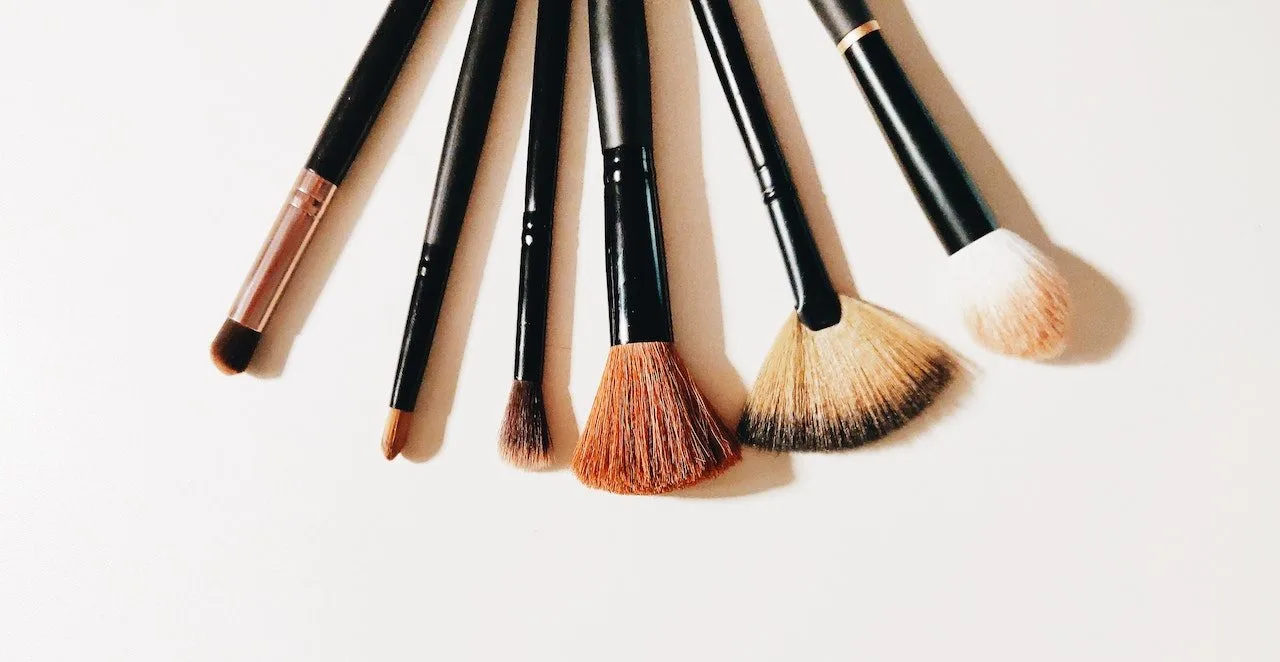When was the last time you used your makeup brushes? Did you wash it right after? Come to think of it, when was the last time you washed any of your makeup brushes and sponges? The thought of doing this every time you wear makeup may sound taxing, but according to a new study, those beauty tools are much dirtier than you think.
How Dirty Are Your Makeup Brushes?
Cosmetics brand Spectrum Collections found that 40% of their consumers base wash their makeup brushes every two weeks, while 20% only wash them every one to three months. Following this realization, the company decided to test out how dirty certain makeup storage areas are.
To do so, they swabbed two sets of foundation brushes. The team cleaned one set of foundation brushes a week into the experiment before placing them back into different areas. These areas included a vanity holder in the bedroom, a makeup bag, a makeup brush bag, a brush drawer, and a holder in the bathroom. The team then compared the swab results with swabs from toilet seats.
The number of bacteria found on the makeup brushes was either the same or more than that of the toilet seat, and the clean makeup brushes had significantly fewer bacteria when compared to the uncleaned ones.
Dirty Makeup Brushes Can Cause Skin Issues
According to the American Academy of Dermatology, bacteria found in dirty makeup brushes can cause fungal infections, staph infections as well as other issues like acne and pink eye.
“Using dirty brushes could increase the risk of causing an imbalance in the healthy microbial community. This can lead to an increase in the number of pathogenic microbes which could cause breakouts or more serious issues like impetigo or Staphylococcal (Staph) infections,” explained said cosmetic scientist Carly Musleh to Spectrum Collections.
“To reduce the build-up of bacteria, it is important to clean makeup brushes regularly,” she added.
How to wash a makeup brush
Per the American Academy of Dermatology Association’s recommendation, it’s advisable to clean your makeup brushes every seven to 10 days.
The same way you would avoid a NYC bathroom remodel, is the same way you would avoid washing your makeup brushes with ordinary soap.
Speaking to Vogue, professional makeup artist Troy Surratt, who has worked with stars like Charlize Theron and Hilary Swank, suggests deep cleaning with liquid soap. Surratt recommends Dawn dish soap, and he recommends that you stay away from cleansers that have a high alcohol content or contain harsh solvents.
“They can loosen the glue that holds the brush together, eventually affecting the life of the brush.”
When cleaning the brushes, put some cleanser on a small dish, wet the brush, and then tap it into the soap to dilute the concentration a bit. Following this, work the brush back and forth in the palm of your hand to create a lather, then rinse it with tepid water until all the soap is gone.
Drying and storage
It’s not just the cleaning that’s important, as you also need to dry your brushes properly.
“Shake out the excess water and pat the bristles with a clean towel to get out as much moisture as possible,” says Surratt. After this, roll up one end of the towel, and place the handle of the brush on the rolled part so that the head of the brush is angled slightly down.
This will prevent water from seeping into the handle, which can affect the bundling of the bristles as well as the handle itself.
After you’ve cleaned your makeup brushes, make sure to store them in closed containers or pouches. This will prevent interaction with any airborne debris, bacteria, or dust that can collect and cause more skin issues.
If you take proper care of your brushes, they can last. But if you notice that your brushes are beginning to shed their bristles, it may be time to replace them.
Want to know more?
For many contact lens users, wearing makeup can pose a bit of a challenge. However, with the right steps, you can apply makeup and wear contact lenses without any hassle and without having to worry about eye infections.



